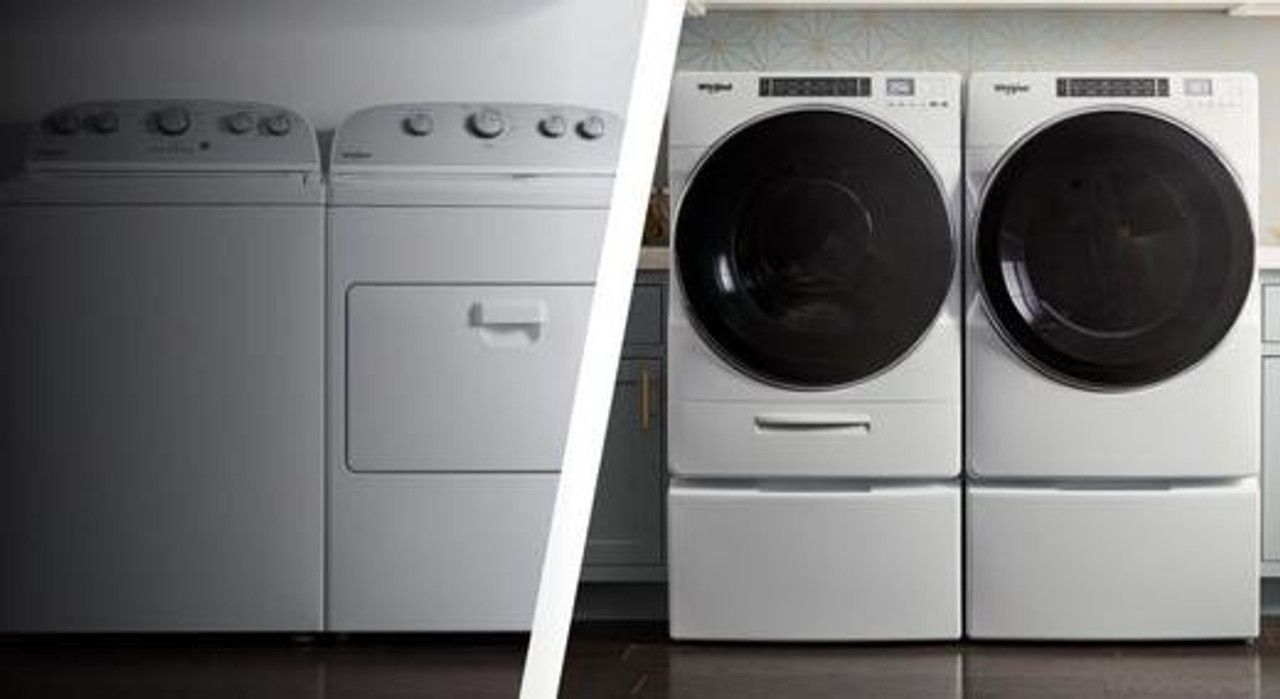Repair or Replace?
Appliance Repair vs. Replacement: How to Make the Right Choice for Your Home
When a major appliance breaks down, every homeowner faces a familiar and stressful question: Should I repair or replace my appliance? Making the right choice impacts your finances, home efficiency, and even your peace of mind. In this comprehensive guide, we’ll help you evaluate the best course of action when dealing with broken appliances, from assessing the current condition to considering environmental impact and long-term savings.
How to Assess the Condition of Your Appliance
Consider the Appliance’s Age
Appliances have a limited life expectancy. Here are typical lifespan estimates:
- Refrigerators: 10–20 years
- Washing Machines: 8–12 years
- Dryers: 10–14 years
- Ovens (Gas or Electric): 15–20 years
- Dishwashers: 8–10 years
If your appliance is approaching or has exceeded these averages, performance issues and inefficiencies may become more common.
Warning Signs It’s Time to Replace
- Frequent repairs or breakdowns
- Unusual noises or vibrations
- Poor performance or reduced efficiency
- Visible wear, rust, or leaking
If you notice any of these symptoms, your appliance could be nearing the end of its usable life.
Appliance Repair Costs vs. Replacement Costs
When Is Repair Worth It?
If your appliance is relatively new and the issue is minor, repairing it may be the most cost-effective option. Track how often you’re calling a technician and how much you're spending.
Rule of Thumb: The 50% Rule
If repair costs exceed 50% of the cost of a new appliance, replacing is typically the smarter move—especially for older models prone to future problems.
Understanding Appliance Repair Options
Minor Repairs vs. Major Repairs
- Minor Repairs: Fixes like replacing belts, gaskets, or thermostats—typically low-cost and extend the appliance’s life.
- Major Repairs: Issues involving compressors, motors, or control boards tend to be expensive and may not be worth the investment for aging units.
Parts Availability Matters
- Older or uncommon brands may require discontinued or hard-to-find parts, increasing costs and delays.
- Check part availability before investing in a repair to avoid unnecessary expenses.
Benefits of Replacing Old Appliances
Improved Energy Efficiency
Modern appliances are significantly more energy-efficient. Benefits include:
- Lower utility bills
- Reduced environmental impact
- Eligibility for rebates or tax incentives
Use the Energy Star rating system to identify high-efficiency models that offer long-term savings.
Advanced Features and Smart Technology
Today’s appliances offer innovative features like:
- Wi-Fi connectivity and smart home integration
- Touchscreen controls and advanced sensors
- Enhanced performance with specialized cycles and intelligent diagnostics
These features add convenience, time savings, and improved usability.
Environmental Considerations
Repairing vs. Replacing: What’s Greener?
- Repairs typically have a lower environmental footprint.
- Replacements, when necessary, should be energy-efficient models to offset the environmental cost over time.
Proper Appliance Disposal
- Never toss old appliances in the trash. Many contain hazardous materials.
- Look for recycling programs through your local government or retailers.
- Consider donating working units or reselling them.
Financial Analysis: Which Option Saves More?
Cost Comparison
Repair Costs:
- Technician labor
- Replacement parts
- Service fees
Replacement Costs:
- New unit price
- Installation and disposal fees
- Potential rebates or incentives
Long-Term Savings
- Lower energy bills
- Fewer future repairs
- Reduced maintenance costs
Calculate the total cost of ownership over 5–10 years to make a financially sound decision.
When to Seek Expert Advice
Consult a Professional Appliance Technician
A licensed repair expert can:
- Diagnose the problem accurately
- Provide repair cost estimates
- Advise on the appliance’s remaining lifespan
Get Multiple Estimates
If facing an expensive repair or uncertain diagnosis, get at least two opinions to compare quotes and recommendations.
Real-Life Examples: Repair vs. Replace
Example 1 – Repair Wins
- Appliance: 5-year-old fridge
- Issue: Leaky water dispenser
- Repair Cost: $150
- Replacement Cost: $1,200
- Outcome: Repair was affordable and covered under warranty—no need to replace.
Example 2 – Replacement Is Better
- Appliance: 15-year-old washing machine
- Issues: Multiple failures including motor and electronics
- Repair Estimate: $600
- Replacement Cost: $800 (with energy rebate)
- Outcome: New model was more efficient and reliable—replacement made more sense.
Final Thoughts: Repair or Replace Your Appliance?
Key Takeaways:
- Evaluate the appliance's age, repair history, and overall condition
- Use the 50% rule to guide cost decisions
- Consider energy savings and smart features in new models
- Factor in the environmental impact
- Always get professional advice before making a final decision
Pro Tip:
Don’t base your decision solely on upfront cost. Think long-term about efficiency, maintenance, utility savings, and eco-friendliness. A well-informed choice ensures your household runs smoothly—without draining your wallet or harming the planet.
Tags: appliance repair vs. replacement, should I repair or replace my appliance, when to replace home appliances, energy-efficient appliances, appliance repair cost guide, smart home appliances, eco-friendly appliances
You might also like


